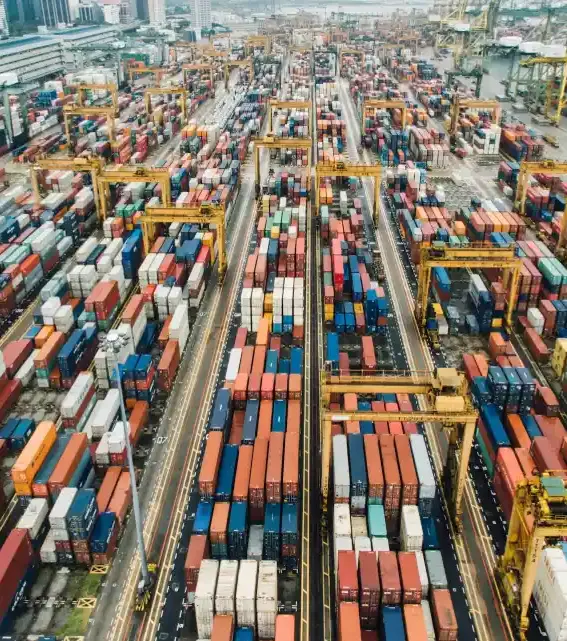
ERP Integration for Logistics
At Torwal, we provide tailored ERP solutions for the Logistics industry to optimize supply chain operations and enhance efficiency. Our expertise includes customization to meet logistics-specific needs, seamless ERP integration with transportation management systems (TMS) and warehouse management systems (WMS), innovative app development for personalized logistics solutions, and creating professional portals for real-time tracking and reporting. We ensure your logistics business runs efficiently with solutions designed to meet your unique requirements.
Enhancing Supply Chain Performance with ERP Integration for Logistics
ERP Integration for Logistics empowers logistics businesses to fully customize their ERP solutions to address the sector’s unique operational challenges, from fleet management and shipment tracking to route optimization and inventory control. By integrating ERP systems with Transportation Management Systems (TMS), Warehouse Management Systems (WMS), eCommerce platforms, and third-party tools, companies gain a unified platform that enables real-time data flow, streamlined logistics operations, and improved supply chain visibility. Our team also develops custom apps tailored to logistics-specific needs, such as advanced shipment tracking, automated route planning, and dynamic inventory management, providing scalable solutions that boost efficiency and business performance. With ERP Integration for Logistics, your organization can centralize operations, reduce manual errors, and respond quickly to changing market demands, ensuring reliable service and sustainable growth in a competitive industry.
In addition, ERP Integration for Logistics allows businesses to monitor every aspect of their supply chain in real time, from the moment goods leave the warehouse to their final delivery destination. This level of visibility enables proactive management of potential disruptions, such as delays or route changes, and supports better communication between drivers, dispatchers, and customers. Automated notifications and real-time tracking help improve customer satisfaction by providing accurate delivery estimates and instant updates. The integration of ERP with TMS and WMS also facilitates efficient resource allocation, allowing logistics companies to optimize fleet usage, reduce fuel costs, and minimize empty miles. Advanced analytics and reporting tools deliver actionable insights into operational performance, cost management, and service quality, empowering managers to make data-driven decisions and continuously improve processes. Whether you operate a regional logistics company or manage a global supply chain, ERP Integration for Logistics delivers the flexibility, scalability, and technological innovation needed to stay ahead in a rapidly evolving industry, ensuring your business remains agile, efficient, and ready for future growth.

Have questions or need assistance? Our team is here to help! Reach out to us for more information about our services or to discuss how we can support your business needs. Let’s work together to achieve your goals.
Frequently Asked Questions
Below are answers to common questions about the importance and process of integration.
This highlights how ERP integration can streamline operations, improve data accuracy, and enhance fleet and shipment management in logistics.
This focuses on tailoring ERP integrations to handle unique logistics requirements, such as route optimization, shipment tracking, and warehouse management.
This question addresses the steps and considerations for connecting ERP systems with logistics tools like TMS, WMS, and eCommerce platforms for seamless data flow.